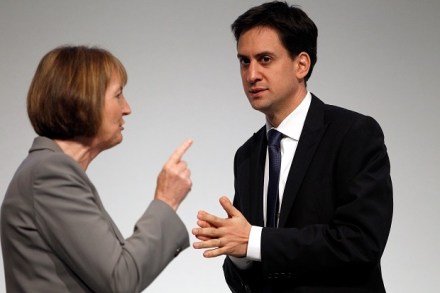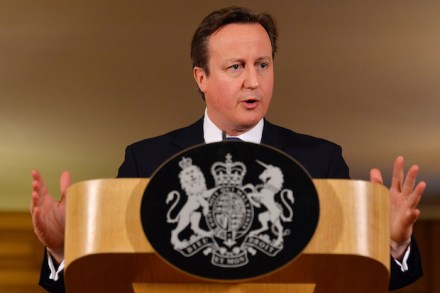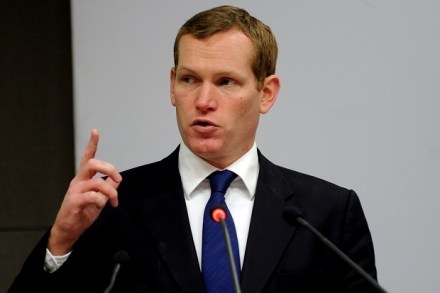Why must we have a Minister for Women?
Does it make you feel better about yourself, girls, ladies, to know that if Labour’s elected, Ed Miliband will have a Secretary of State for Women, and Equalities, with Cabinet rank? Or do you find yourself asking what a Minister for Women has ever done for anyone, beyond guaranteeing that at least one member of the Cabinet will be a paid up woman? It was a bit like that when Sajid Javid was appointed Culture Secretary and everyone started asking what he’d ever done to qualify in the way of going to the opera, reading books etc. When Kitty Morgan was appointed Minister for Women, it was a different matter.



















